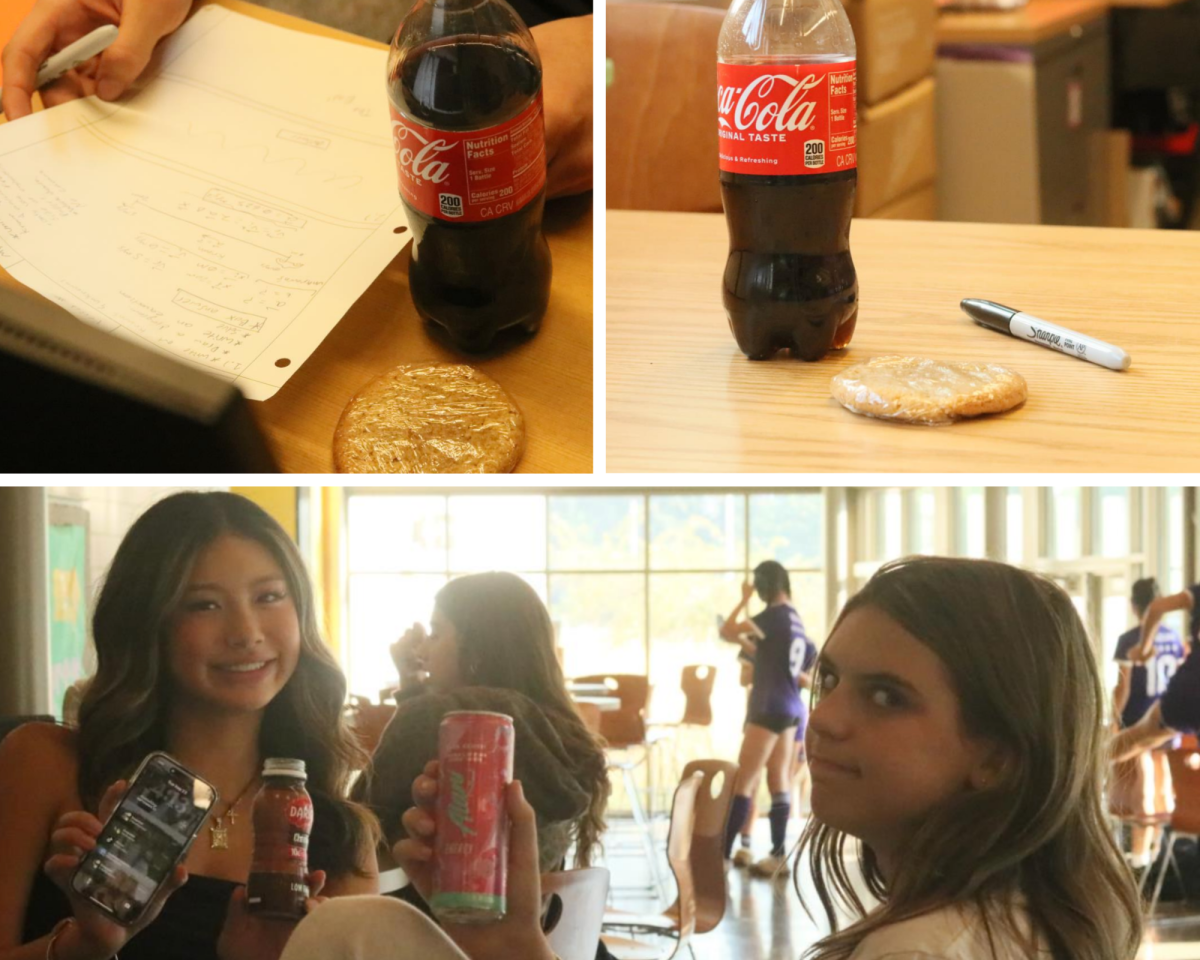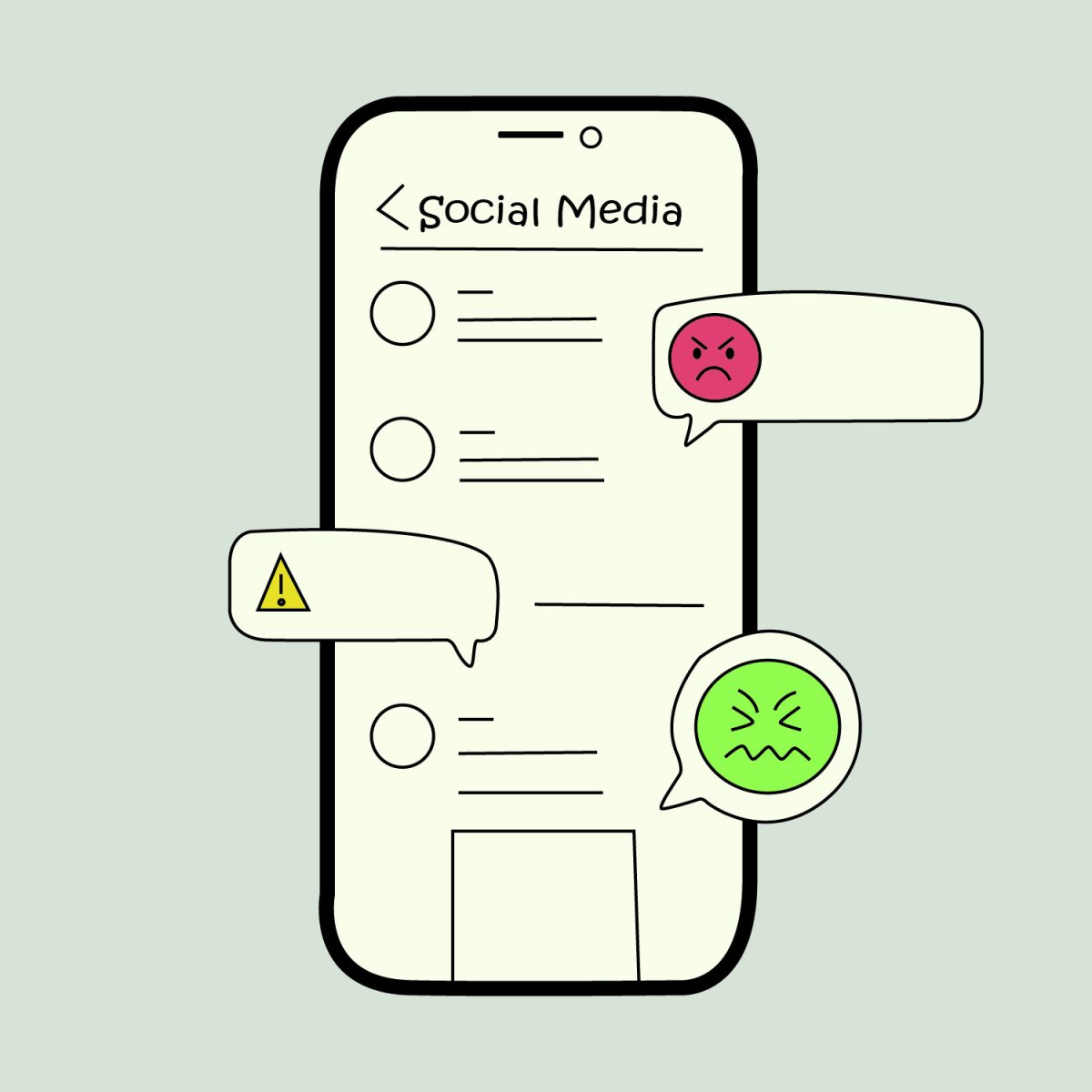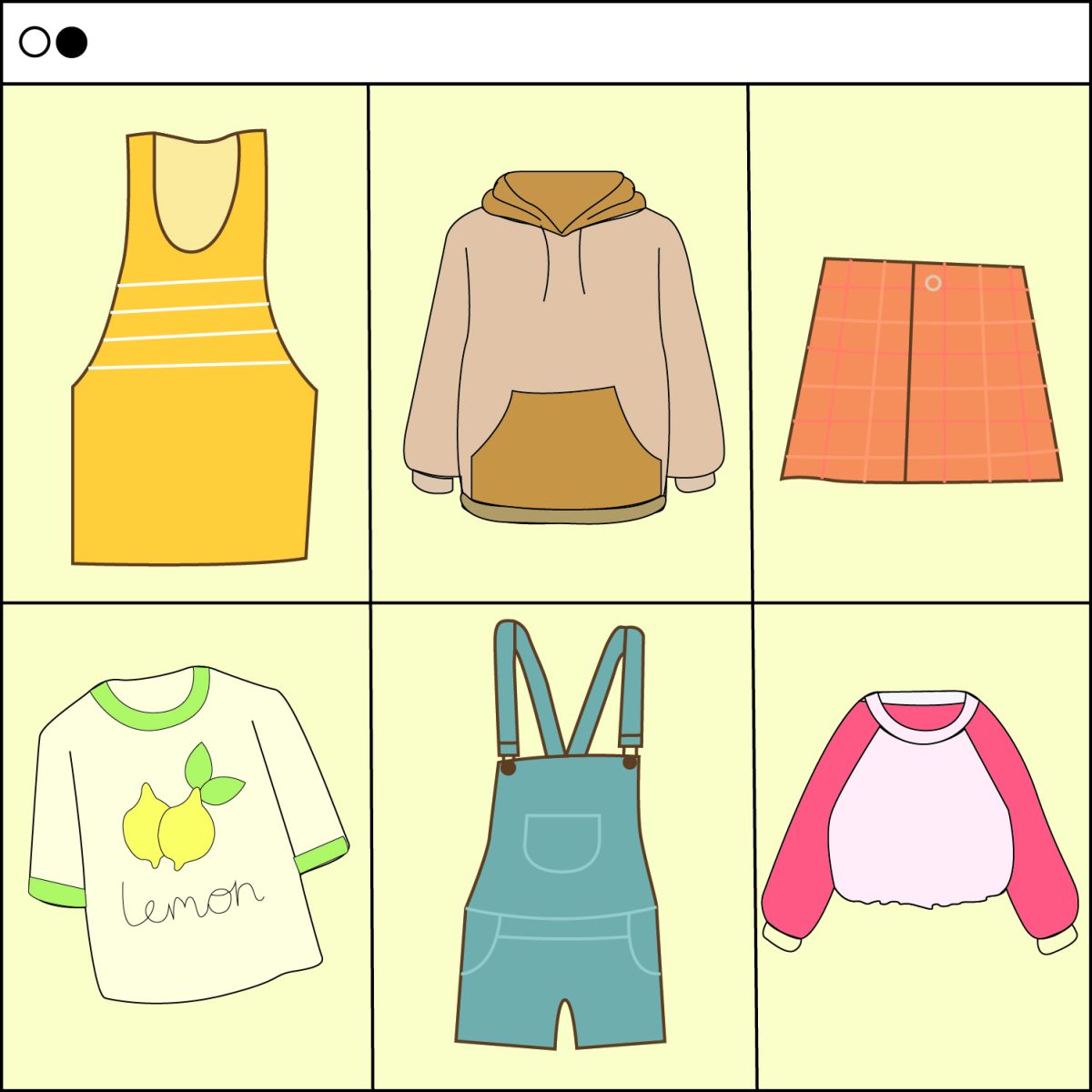Thanksgiving has disappeared from the rearview mirror, and we are now in, as Andy Williams would sing it, “The Holiday Season.” As with every holiday, the practice of gift-giving and going on vacations has become the norm for many people across the globe. Yet finding the perfect gift is hard for many people, and finding both a perfect and sustainable gift may seem even harder. Still, there are ways to make the holiday season more sustainable, starting with this year.
Flying is a major source of greenhouse gas release and the technology of commercial planes flying with no carbon output is a long shot at happening. Despite all the negative outcomes of COVID-19, the pandemic, and subsequent shutdowns, these events revealed a cleaner world with fewer emissions from planes and cars. Now after the pandemic, tourism and travel rates are increasing back to record pre-pandemic levels. Unfortunately, this also means more emissions and increased global warming. According to The Atlantic, “ [Planes] also disturb the atmosphere, depositing pollutants and forming heat-trapping cirrus clouds at high altitudes.” Because of this, “aviation accounts for about 3.5 percent of the warming in any year, even though it makes up a smaller share (about 2.5 percent) of the carbon pollution” (The Atlantic). Reducing these emissions is important to maintaining a healthy world, and it starts with offsetting the carbon released 30,000 feet in the air with individual actions down on Earth. According to UNEP, a way to counteract the carbon emissions from flying is by “opting for a vacation closer to home,” which “can be rewarding for your health, the local economy, the environment, and your pocketbook. If you do travel abroad, try to stay longer, eat local, ditch disposables, and be proactive in managing your carbon footprint.” Though this information is readily available online, many do not see or have the time to research more sustainable ways of traveling. Senior Tony Liu states that “it is harder to continue researching eco-conscious decisions.” That seems to be a recurring problem with sustainability. This lack of knowledge seems to be propagated by societal pressure to travel internationally during the holidays, hold extravagant parties and feasts, and buy expensive gifts that are not produced sustainably. National Geographic states that “being a sustainable traveller is not about making grand, one-off gestures, it’s a state of mind, an ongoing attitude to conscious adventure that influences all aspects of how we holiday, including what we pack in our luggage and how we travel out to destinations, as well as the choice of hotels and activities we take part in while we’re there.” If more people begin to think about their actions, they can have a bigger and better impact on the world.
In addition to traveling, gift-giving is a sacred tradition of the holidays. Whether it be extravagant new cars or cool new toys, social media has had a major impact on gift trends. These trends in gifts have the potential to be very beneficial for environmentalists but also have negative consequences. Freshman Sylvie Chauvet says that she may buy her gifts on “Amazon or some online store.” The ease of online shopping has also influenced the types of gifts bought for the holidays. Unfortunately, many of these gifts are not always sustainable and the packaging plus delivery has resulted in an enormous carbon footprint for Amazon. Sophomore Catherine Kovats also notes that she would buy more sustainable gifts “but it is hard to know what is sustainable and what isn’t.” A great solution to finding more sustainable gifts are through local businesses that are dedicated to reducing their carbon footprint. For example, Seattle Good Business Network is a great website to find cool, sustainable gifts from local businesses based in Seattle. This website is just one of many that are dedicated to providing options for cleaner gifts to have a better impact on the world. Additionally, it may be noted that it is not necessarily the price of a gift that makes it special. Junior Niko Cornell states that “the meaning behind the gift” is what actually makes a gift important. Putting thought into a gift is what shows the recipient that you care, and researching sustainable gifts to find a perfect match shows that effort.
Shifting from a factory-manufactured economy to a sustainable one will be immensely difficult. Liu says that “the economy is almost completely controlled by these major companies who will always look for the cheapest production methods which means less sustainable.” A capitalist economy looks to make the most amount of profit, and with today’s technology, the cheapest methods of manufacturing involve the use of fossil fuels and cheap, synthetic materials that are not biodegradable. Like commercial planes, we cannot completely overturn the market, but we can work to offset its actions by taking responsibility for our own actions, and consciously making sustainable choices for the holiday season. If we could all chip in with one less international flight, one less Amazon package, just maybe we have a chance to turn the mindset of society for a better future. As Chauvet puts it, “if the trend is to buy more sustainable things, I bet it could happen.”














